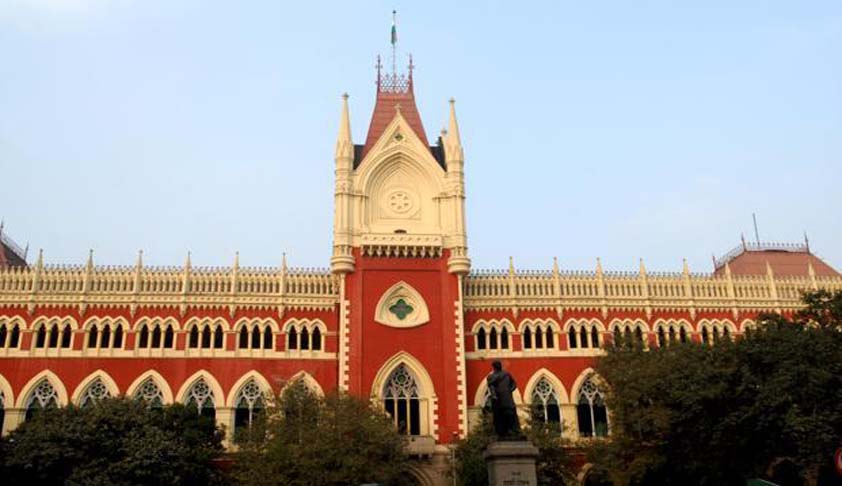In a landmark judgment, the High Court of Calcutta on Thursday issued additional directives to conduct investigation and trial under the Prevention of Children from Sexual Offences (POCSO) Act, 2012.The court was hearing an appeal against a judgment passed in July 2016, wherein the appellant was convicted for sexually assaulting an 11-year-old girl. The appellant now contended that...

